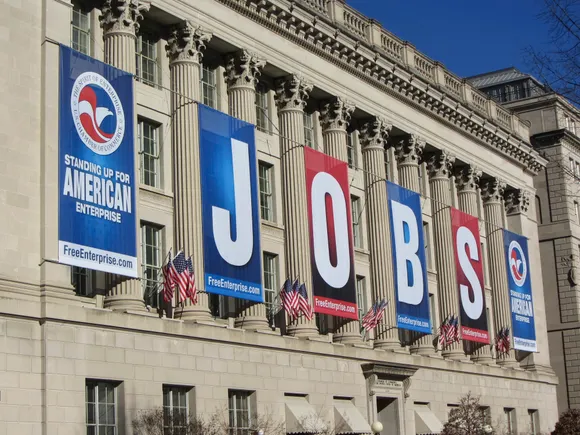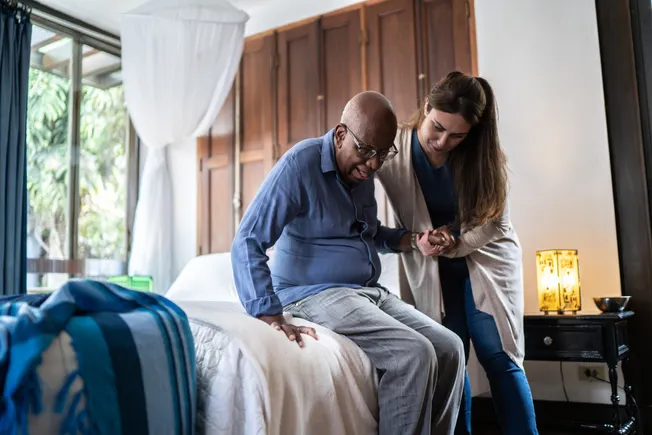Dive Brief:
- Three-quarters of graduating college students responding to a recent survey said they are ready to show up for work prepared and on time. Of the more than 2,800 college seniors responding, however, 56% expressed pessimism about starting their careers in the current economy, according to Handshake’s “Class of 2025 State of the Graduate” report.
- More than a quarter of computer science majors said they’re “very pessimistic,” while the sentiment may be declining slightly among physical sciences, business and health field majors, Handshake reported.
- Graduating seniors are also more concerned about how generative AI tools will affect their careers, an increase to 62% this year from 44% in 2023. Computer science majors are the most likely to be “very concerned,” possibly due to the speculation around how AI will impact entry-level programming roles, the Gen Z career platform noted.
Dive Insight:
It’s certainly not news that graduating seniors are entering a vastly different work environment than preceding generations: They applied to college in the early years of the pandemic, witnessed waves of layoffs and job market shifts and experienced the rapid rise of generative AI.
Now, they face tight competition for fewer entry-level jobs, with Handshake reporting that job postings on its site have decreased by 15%, while applications per job have increased by 30%.
As early career hires, college grads will likely have to make fundamental adjustments after they’re hired. For instance, although 66% of graduating seniors feel fully ready to communicate through email or messaging at work, slightly less (59%) are fully prepared to communicate in person, the Handshake survey found.
The survey highlighted other insecurities as well: Only 35% of graduating seniors said they feel fully prepared to participate effectively in meetings, and 44% said they’ll need guidance on giving feedback to managers and leaders.
HR professionals can help, experts recently told HR Dive. One way is to ensure early career hires are properly onboarded, they said.
This means not rushing through the process, but instead giving new hires a 12- to 18-month comprehensive and structured experience that can include shadowing workers before doing the job on their own and being taught how to develop soft and hard skills, the experts explained.
HR can also create and manage cohorts of newcomers as they join an organization and undergo training, according to research in the Journal of General Management. Nurturing these connections and supporting these hires helps them better fit in and improves retention, the researchers said.
Graduating seniors do bring critical skills to the workplace, however; 98% say they’re familiar with generative AI tools, such as ChatGPT, compared to 61% two years ago, Handshake found.
Also, while college seniors are concerned about how generative AI tools will affect their career, they are enthusiastic about upskilling, learning technology company D2L reported last year.
In a survey of 3,000 full- and part-time U.S. employees, younger workers were more likely to say they plan to take multiple professional development courses during the next year, D2L said.
There’s also positive news for employers favoring in-person work. According to the Handshake survey, that’s what 81% of seniors say they’d prefer for their first job after graduation.






Leave a Reply